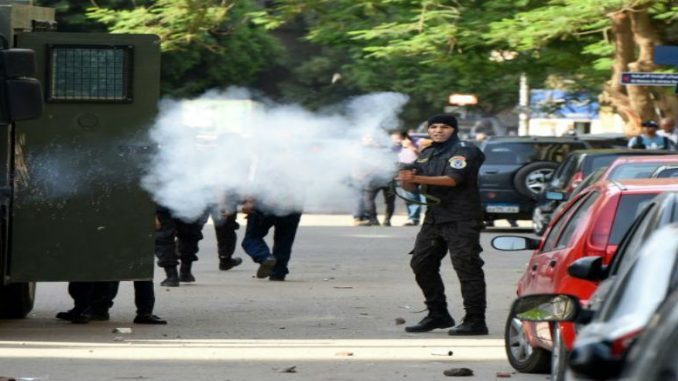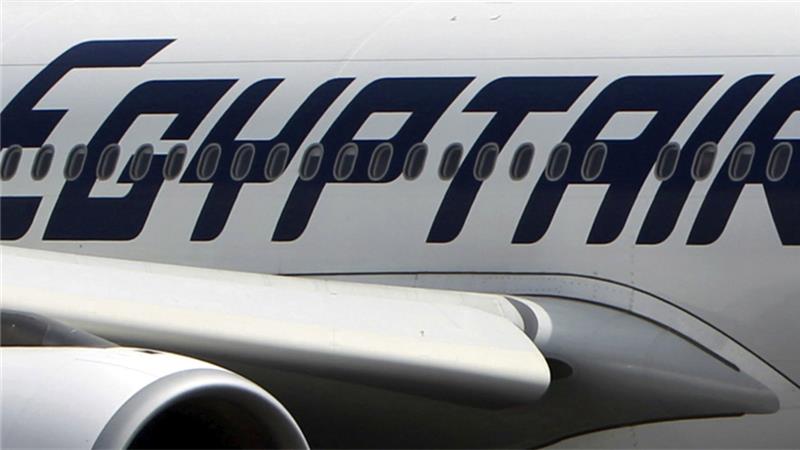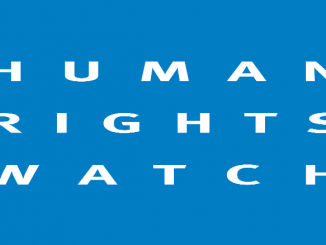
Human rights groups have blasted France for what they call playing a part in Egypt’s “bloody repression” of dissidents by providing the government of Abdel Fatah al-Sisi with state-of-the-art weapons and surveillance systems.
A report compiled by four Egyptian and French rights groups and released Monday revealed that Paris’ sales of military equipment to Cairo had jumped from 39.6 million to 1.3 billion euros ($1.5 billion) between 2010 and 2016.
Groups including, the Cairo Institute for Human Rights Studies, the French-based International Federation for Human Rights, the Human Rights League and Armaments Observatory, said that Egypt has been using French military and surveillance equipment to stifle all critical voices against the Sisi government.
“By supplying Egyptian security services and law enforcement agencies with powerful digital tools, they have helped establish an Orwellian surveillance and control architecture that is being used to eradicate all forms of dissent and citizen action,” the groups said.
The study also said at least eight French companies have “profited from this repression” that has been underway since 2013, when Sisi, the defense minister back then, led a military coup to overthrow Egypt’s first democratically-elected president, Mohamed Morsi.
The report notably cited companies selling technology used for mass data interception and crowd control, used for a surveillance system under which tens of thousands of opponents and activists had been arrested.
The companies include Arquus – formerly Renault Trucks Defense -as well as major defense supplier DCNS.
“Our organizations seek from French companies and authorities an immediate end to these deadly exports, which take place despite an EU declaration in 2013 that member states had frozen export licenses to Egypt for equipment that could contribute to the crackdown on opposition in the North African state.”
“The Egyptian revolution of 2011 was driven by an ultra-connected ‘Facebook generation’ that knew how to mobilize crowds,” said Bahey Eldin Hassan, director of the Cairo Institute for Human Rights Studies (CIHRS), one of the groups behind the report.
“Today France is helping to crush this generation through the establishment of an Orwellian surveillance and control system aimed at nipping in the bud any expression of protest,” he said.
The rights institutions also called for a French parliamentary probe into such military sales amid criticism of what activists describe as a lack of transparency on how Paris monitors the use of exported military equipment.
After toppling Morsi, Sisi became Egypt’s president in 2014 and won a new term in this year’s election, which was marred by a widespread opposition boycott and a campaign of arrests and threats against Sisi’s rival candidates and other opposition figures.
His administration has fiercely cracked down on opposition and supporters of Morsi’s banned Muslim Brotherhood movement in a campaign that has led to over 1,400 deaths and 22,000 arrests, according to rights groups.
It is worth to mention that Egypt is one of France’s top weapons customers. Cairo has signed Egyptian armed forces are equipped with an array of French military hardware, including Mirage and Alphajet fighter planes, Gazelle helicopters, Mistral warships, armored vehicles, missiles, and surveillance technologies.
Human rights groups have slammed Paris’ arms sales to Egypt as a sign of political support for a repressive administration. They say France under President Emmanuel Macron has been turning a blind eye to increasing violations of freedoms by Sisi’s government.
Macron was pressed in October 2017 to raise human rights concerns, including reports of political repression in Egypt, during a meeting with Sisi in Paris.
Ahead of Sisi’s trip to France, Human Rights Watch had urged the Paris government in a report to ensure that human rights are central to its relations with Cairo, emphasizing, “Continuing to support Egypt’s repressive government would betray the country’s brave activists, who face grave risks trying to make their country better.”
The French head of state, however, refused to heed those calls and said it was not up to him to “lecture” Egypt on civil liberties. Deals worth roughly $10 billion in military equipment and weapons with Paris since 2014.



